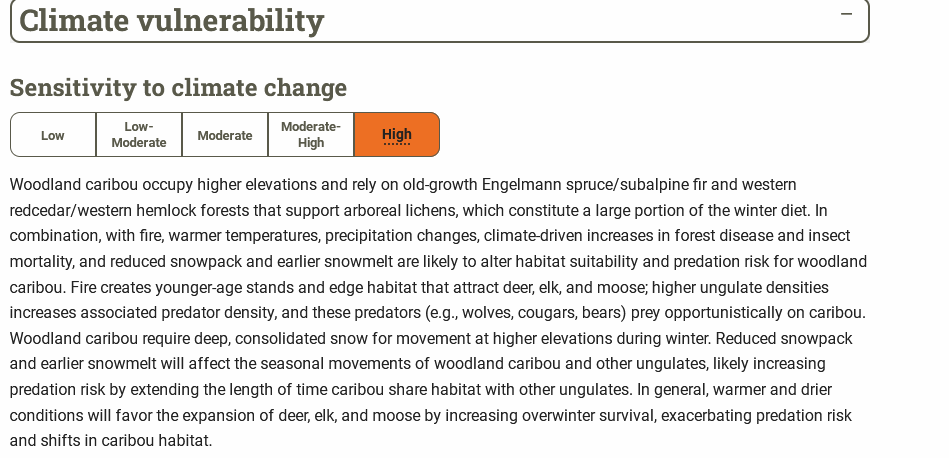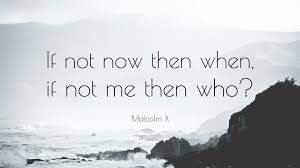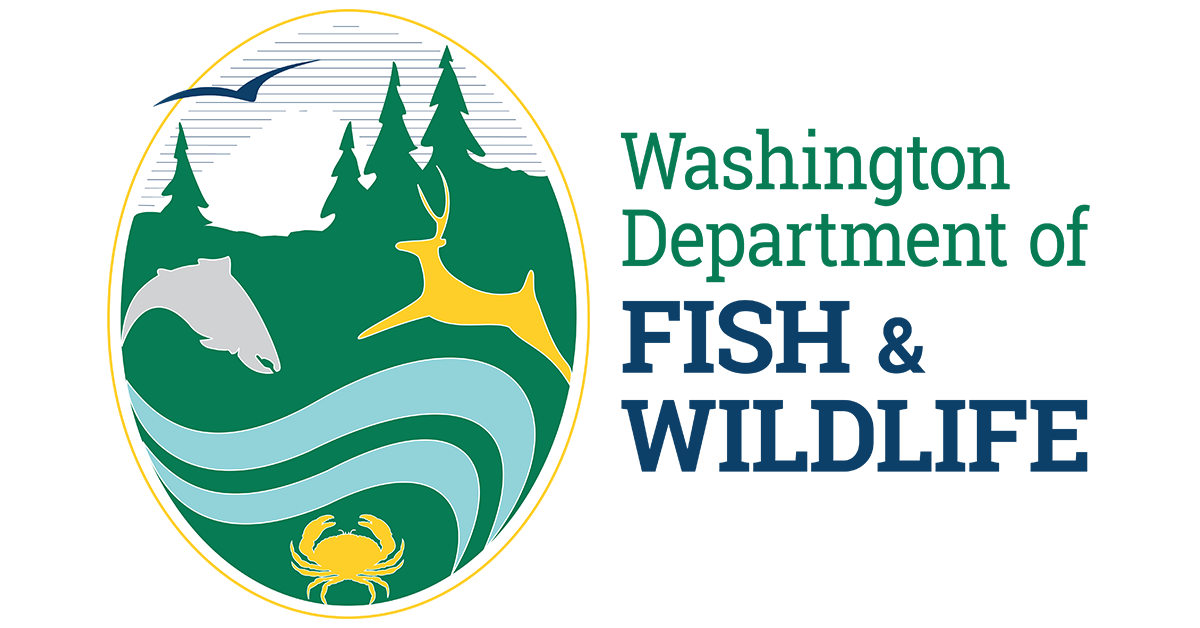Blue Steel
Well-known member
- Joined
- Feb 26, 2023
- Messages
- 980
We should probably define “handful”I’m not saying he didn’t, but if you look at permit numbers and harvest data it certainly doesn’t support “a handful”.
I’m not sure there is a western state where moose aren’t decreasing in numbers.








